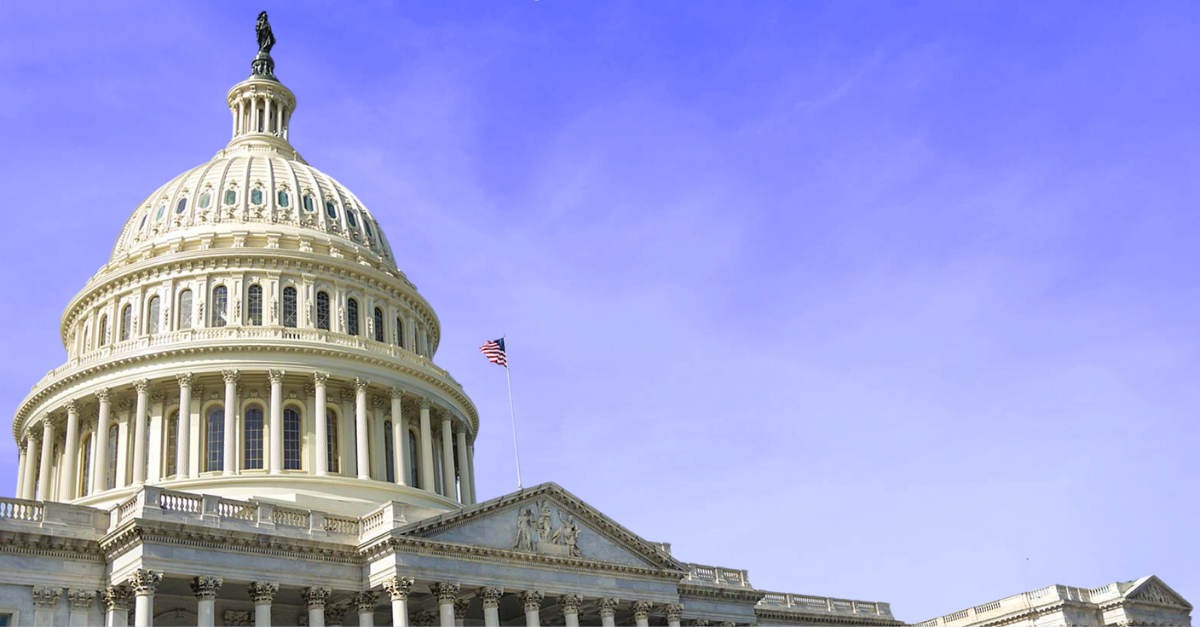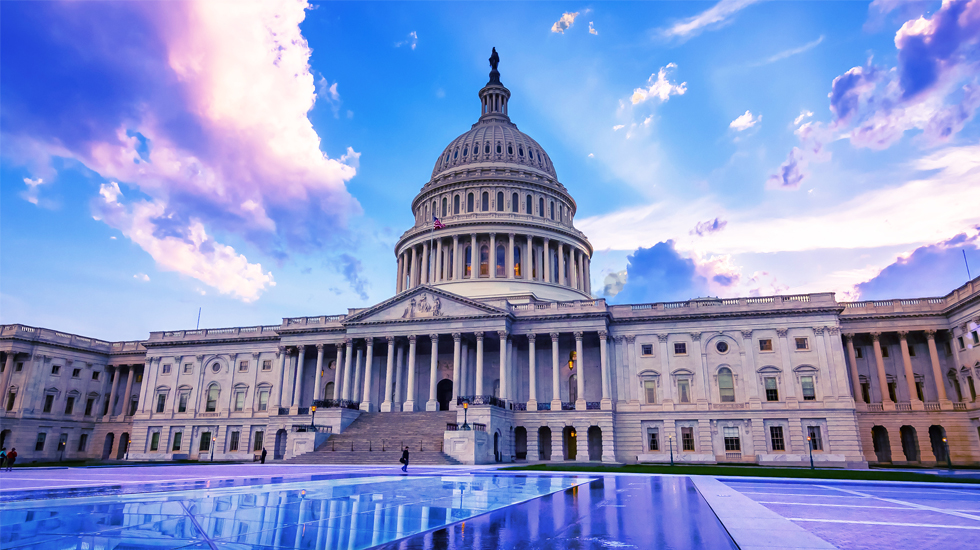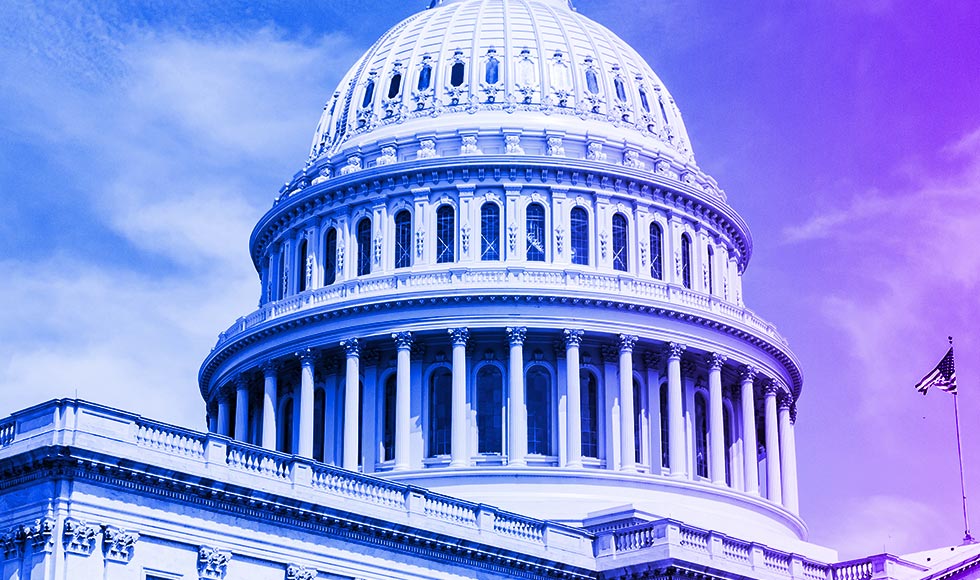Consumer/Worker Protections: FTC, FCC, and DOL Sign MOUs
Agreements to protect consumers from electronic spam/scams and workers from unfair competition/business practices

September 2023
KPMG Insights:
- Protect Consumers: From spam, scams, and illegal telemarketing
- Protect Workers: From unfair competition and deceptive practices
- Communications/Coordination: Share emerging threats, complaint trends, training, investigations
- Enforcements Signal: Agencies will use full authority to enforce protections
__________________________________________________________________________________________________________________________________________________
The Federal Trade Commission (FTC) signs two memorandums of understanding (MOUs) to improve consumer and worker protections:
- A renewed MOU along with the Federal Communications Commission (FCC) to protect consumers against cross-border spam, scams, and illegal telemarketing.
- A new MOU with the Department of Labor (DOL) to coordinate investigations and enforcements to protect workers against anticompetitive, unfair, and/or deceptive practices.
1. FTC/FCC MOU to Combat Spam, Scams, and Illegal Telemarketing
The FTC and FCC have each renewed their MOUs with the Unsolicited Communications Enforcement Network (UCENet) – a global network of government agencies and organizations promoting collaborative cross-border law enforcement to combat unsolicited electronic communications, including email and text spam, scams, and illegal telemarketing. The MOUs:
- Facilitate cross-jurisdictional cooperation, international strategic and operational engagement, and exchange of information between UCENet members, while recognizing legal, policy, and administrative limits on the authority and jurisdiction of each agency to disclose information.
- Outline responsibilities of the UCENet members to i) cooperate and assist each other, ii) undertake “senior strategic and operational engagement,” iii) share relevant information and documents about current and emerging issues related to unlawful electronic messages, and iv) adhere to conditions regarding the use and/or disclosure of shared information or documents (e.g., confidentiality, permissible use restrictions).
Prior to renewing the MOU, FTC and FCC have actively engaged in combatting unsolicited communications through efforts and initiatives, including:
- FTC’s “Operation Stop Scam Calls” initiative with both federal and state law enforcement, which targeted illegal telemarketing operations and Voice over Internet Protocol (VoIP) service providers who facilitate robocalls.
- FCC’s establishment of its Privacy and Data Protection Task Force, a staff working group tasked with coordinating rulemaking, enforcement, and public awareness needs related to privacy and data protection, including data breaches and third-party supply chain vulnerabilities.
2. FTC/DOL MOU to Protect Workers from Anticompetitive, Unfair, and Deceptive Practices
The FTC and DOL jointly signed a new MOU which seeks to bolster the “whole-of-government effort to protect workers from unlawful business practices.”
The MOU is intended to strengthen the agencies’ partnership through greater cooperation and coordination in information sharing, investigations and enforcement activities, training, education, research, and outreach related to unfair methods of competition and unfair or deceptive acts or practices (UDAP). The MOU provides select examples of these practices, including:
- Collusive behavior.
- Use of business models designed to evade legal accountability (e.g., misclassification of employees).
- Illegal claims and disclosures about earnings and costs associated with work.
- Imposition of one-sided and restrictive contract provisions (e.g., noncompete and nondisclosure provisions).
- Extent and impact of labor market concentration.
- Impact of algorithmic decision-making on workers.
Similar Agreements and Activities. The FTC notes the MOU aligns with the Administration’s Executive Order on Competition, which reiterates the importance of enforcing antitrust laws to combat abuses of market power, including in labor markets, and follows similar agreements between federal agencies meant to enhance scrutiny and enforcement around competition and anti-trust. Similar agreements include:
- FTC and the National Labor Relations Board (NLRB) agreeing to coordinate enforcement efforts.
- The Department of Justice (DOJ) and NLRB agreeing to coordinate enforcement efforts.
- FTC and DOJ jointly releasing draft merger guidelines, describing an updated approach to the review of M&A compliance with anti-trust laws and regulations.
Additional, related FTC and DOL efforts and initiatives include:
- FTC’s proposed rule to prohibit noncompete clauses in employment contracts.
- FTC’s supervision and enforcement efforts related to UDAP, particularly those targeting workers in the “gig economy” with nontraditional employment relationships.
- DOL’s supervision and enforcement of worker protection laws and regulations, including occupational safety and health, wage and hour standards, mine safety, and workplace-related benefits.
Dive into our thinking:
Consumer/Worker Protections: FTC, FCC, and DOL Sign MOUs
Downlaod PDFExplore more insights



Washington Report 360
A weekly newsletter covering legislative and regulatory developments affecting financial services firms—in 360 words or less.
Get the latest from KPMG Regulatory Insights
KPMG Regulatory Insights is the thought leader hub for timely insight on risk and regulatory developments.
Meet our team
